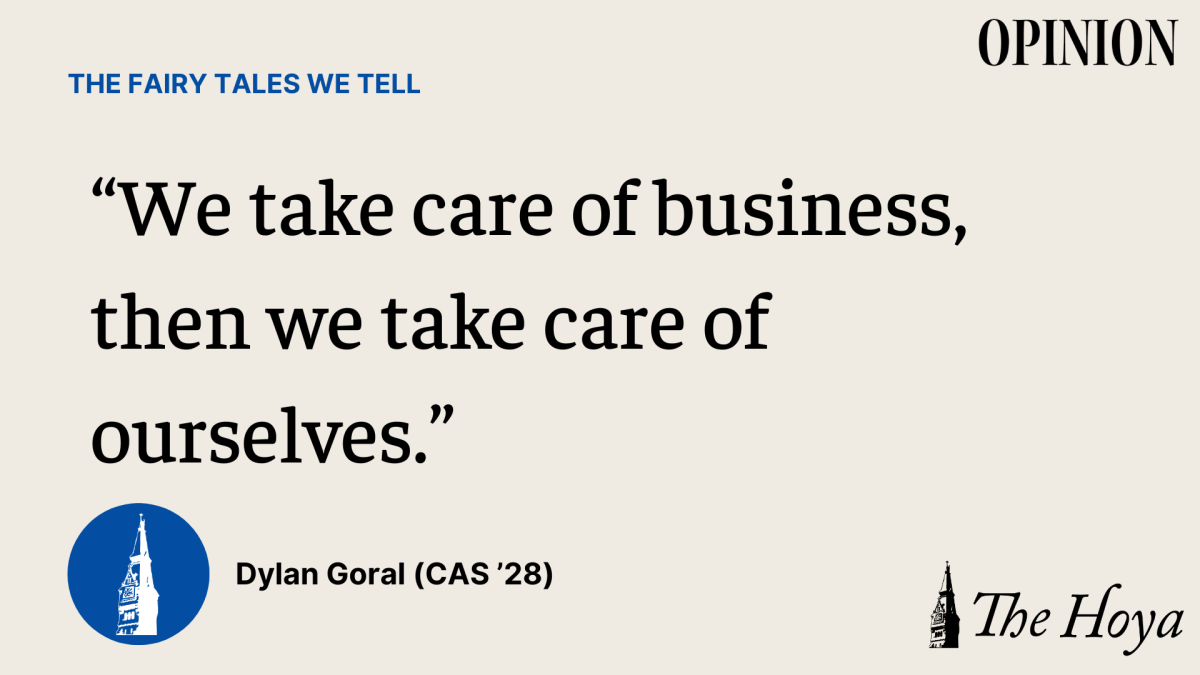
Like many of my friends and classmates, I spend far more time scrolling on TikTok or Instagram between classes or before starting homework assignments than I would care to admit. Along with the lighthearted internet trends that come and go — the catchy songs and addictive dances — my social media feeds show me real and unsettling things about who I allegedly should be. Videos of Andrew Tate, David Goggins or a variety of men claiming to be Batman tell me how to be a man, and I believe them.
Even though I know their presence on my phone is generated by an algorithm — calculated and impersonal — the place these videos and their messages have in my mind makes me feel like they were made just for me. They always seem to appear when I’m at my lowest. When I feel like I’m not smart enough, I’m told to study harder and simply “lock in.” When I feel like I’m not strong enough, I’m told that going to the gym will solve my problems. When I’m just not feeling good enough, they tell me I’m a disgrace to manhood.
Due to the stigma surrounding men’s mental health — the notion that boys don’t cry — I’d rather take solace in these ideals than talk about the way I feel. As much as we tell ourselves that we live in a world where mental health is understood and accepted, reality doesn’t always reflect that sentiment for men. Men are still meant to be strong, stoic and selfless — to ask for help when these traits define us would make us feel weak and ashamed. I shouldn’t talk about my emotions because that’s not what men do.
For myself and many others, this stigma directly impacts how we’ve approached our experiences at Georgetown University. We work hard like every other student, but we work hard for different reasons. In talking to a few of my male friends here, the consensus is that we work hard to get a good job and provide for a family one day.
College-aged men will push themselves to utter exhaustion chasing society’s rigid standards of masculinity, suffering silently through burnout, anxiety or depression because they’re “just being a man.” This all-too-common line of thought contributes to a devastating statistic from the National Institutes of Health: men account for roughly 80% of suicides committed by college-aged people.
Unfortunately, Georgetown’s culture doesn’t do well to combat this issue. Our unyielding pride in our place at an elite academic institution and undying drive to get good grades or land impressive internships makes us blind to the effects of mental health: We take care of business, then we take care of ourselves.
Even our limited dialogue on campus about mental health excludes — or even discredits — young men. With a rise in student groups focused on shedding light on the challenges faced by women and LQBTQ-identifying students, mental health and wellness resources do not seem as widespread or accessible to men, leaving them behind.
Georgetown’s You Choose Movement, a club I have become deeply involved with in my first two months here, is working to fix this narrative. Spearheaded by the club’s founder and current president, Spencer Paik (CAS ’25), the You Choose Movement at Georgetown connects young men in a real and authentic way to engage in conversations about how we can be compassionate and honest with ourselves and each other.
Whether we’re holding Spikeball tournaments, getting group meals or just talking, Georgetown’s You Choose Movement is redefining what it means to help men in the face of men’s mental health stigma. Through an informal yet passionate environment, I’ve learned that part of the strength men strive to attain isn’t physical: It’s the emotional courage to speak up and ask for help.
I’m not any less of a man because I want to talk about the way I feel, and they’ve helped guys like me understand that. Men break and boys cry — and we have to start fostering communities where men don’t feel judged for being emotional.
So, help combat the stigma by having a conversation, making a phone call or sending a text to a man in your life. The outwardly strong and independent men in our lives — sons, brothers, boyfriends — might not always be okay on the inside. We need to talk to them and let them know it’s okay to not be okay.
Society tells us a reassuring fairy tale: that young men are okay. But unlike traditional fairy tales, we can’t just pretend this one is true.
Dylan Goral is a first-year student in the College of Arts & Sciences. This is the fourth installment of his column, “The Fairy Tales We Tell.”